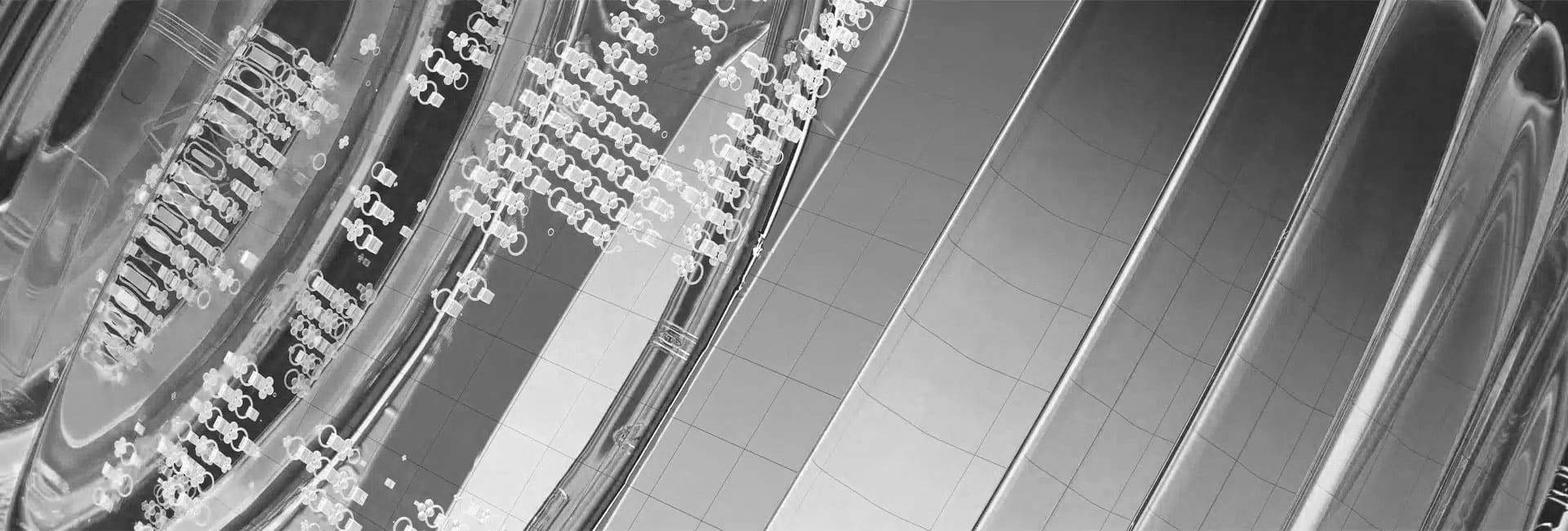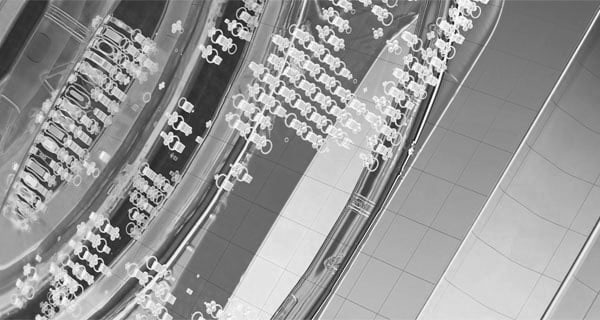
Used under a Creative Commons Licence
AI and Copyright in Australia: What Artists and Businesses Need to Know
Let’s get straight into two hypothetical scenarios that illustrate the issues at play when it comes to AI and copyright.
Imagine an artist who has spent years developing their own unique style. Suddenly, anyone with access to an AI art generator can input a few prompts and produce works that mimic this artist’s distinctive look within minutes. Or consider a company that uses AI to generate new music for a campaign, thinking the music is original. What they don’t realise is that the AI was trained on thousands of copyrighted tracks, none of which were cleared or licensed.
Both examples highlight the increasingly complex intersection between AI and copyright law. The artists and musicians in these situations could have legitimate claims of copyright infringement, but the question remains: will they succeed in court?
In Australia, the law hasn’t fully caught up with the realities of AI-generated content. As AI continues to evolve, it raises legal questions that haven’t been definitively answered yet. In this article, we’ll explore how Australian copyright law handles AI-generated works, what unresolved issues exist, and how Sharon Givoni Consulting can help artists and businesses navigate this emerging area of the law.
Overview of Australian Copyright Law
Australian copyright law is governed by the Copyright Act 1968 (Cth). It protects original works in various categories—artistic, literary, musical, and dramatic creations—so long as they are the product of skill and effort and exist in a material form. Copyright grants exclusive rights to the owner, including the ability to reproduce, adapt, and distribute the work. Infringement occurs when a copyrighted work is used without permission.
But what happens when AI enters the equation? AI models are typically trained on vast datasets, which include copyrighted works. When AI generates new content based on this training, who owns the copyright in that AI-generated work? And if an AI system uses copyrighted material to generate new images, music, or text, is the copyright of the original creators being infringed?
AI Art and Copyright – What’s Been Happening?
In recent months, a series of lawsuits has emerged against AI art generators like Stability AI, Midjourney, and DeviantArt. These companies are being sued for copyright infringement because they allegedly used billions of online images to train their AI tools without obtaining licenses from the original artists.
In a California class action lawsuit, artists argue that these AI companies have essentially stolen their work by enabling users to generate new images in their unique styles, without offering compensation.
These lawsuits raise two key legal questions:
- Did the AI companies infringe the artists’ copyrights by using their works to train the AI?
- Does the use of these AI-generated works by consumers constitute further infringement?
In the U.S., the doctrine of “fair use” might provide some protection for the AI companies, especially if the courts determine that the AI-generated works are “transformative” enough. But in Australia, there is no broad fair use doctrine. Instead, we rely on fair dealing exceptions, which are much narrower in scope. The most relevant exception here might be for “research or study”, but it would be difficult for AI companies operating for commercial purposes to rely on this defence.
The German Case: A Different Perspective
A recent case from Germany offers a different perspective on the legal treatment of AI and copyright. In September 2024, a German court ruled in favor of an AI company, LAION, which had used a photographer’s images to train its AI systems. The court found that LAION’s use was permissible under an exception for scientific research under German copyright law.
While this ruling is notable, it doesn’t entirely settle the question of AI and copyright, particularly for commercial activities. In cases like Getty Images v. Stability AI, which involve the commercial use of AI-generated works, the courts might take a different approach, particularly in countries like Australia where copyright protections are typically stronger.
The Way Forward for Australian Copyright Law
There are several key issues that remain unresolved in Australia’s approach to AI and copyright.
First is the question of ownership. Under current Australian law, only humans can be authors of copyrighted works. So, if an AI system generates art or music, who owns it? The programmer? The person who input the prompts? Or no one at all?
Second, there is the issue of consent. Many creators argue that their works have been used to train AI systems without their permission. This raises the question of whether these creators can seek compensation from AI companies, or whether the AI companies have a valid defence.
Finally, there’s the issue of market harm. Artists may argue that AI-generated works, which can replicate their style, devalue their original creations by flooding the market with imitations that do not compensate the original artist. This argument is central to many of the lawsuits currently making their way through courts globally, and it’s an issue Australian law will need to address as well.
How Sharon Givoni Consulting Can Help
At Sharon Givoni Consulting, we’re at the forefront of these evolving legal issues. Whether you’re an artist concerned about AI infringing your creative rights, or a business utilising AI to generate content, we can help you navigate the complex terrain of copyright law in this new AI-driven world.
For artists, we can assist with:
- Protecting your rights when AI systems use your works
- Enforcing your copyright if your work is being unlawfully adapted by AI
- Advising on potential compensation if your work is used without permission
For businesses using AI-generated content, we can offer guidance on:
- Ensuring compliance with copyright law
- Mitigating legal risks
- Clarifying ownership of AI-generated works
- Developing clear policies for AI use in creative projects
As AI technology continues to evolve, so too will the legal landscape. But with the right legal advice, you can protect your rights and make the most of AI’s creative potential. Contact us today to learn more about how we can assist you.
Please note the above article is general in nature and does not constitute legal advice.
Please email us info@iplegal.com.au if you need legal advice about your brand or another legal matter in this area generally.


